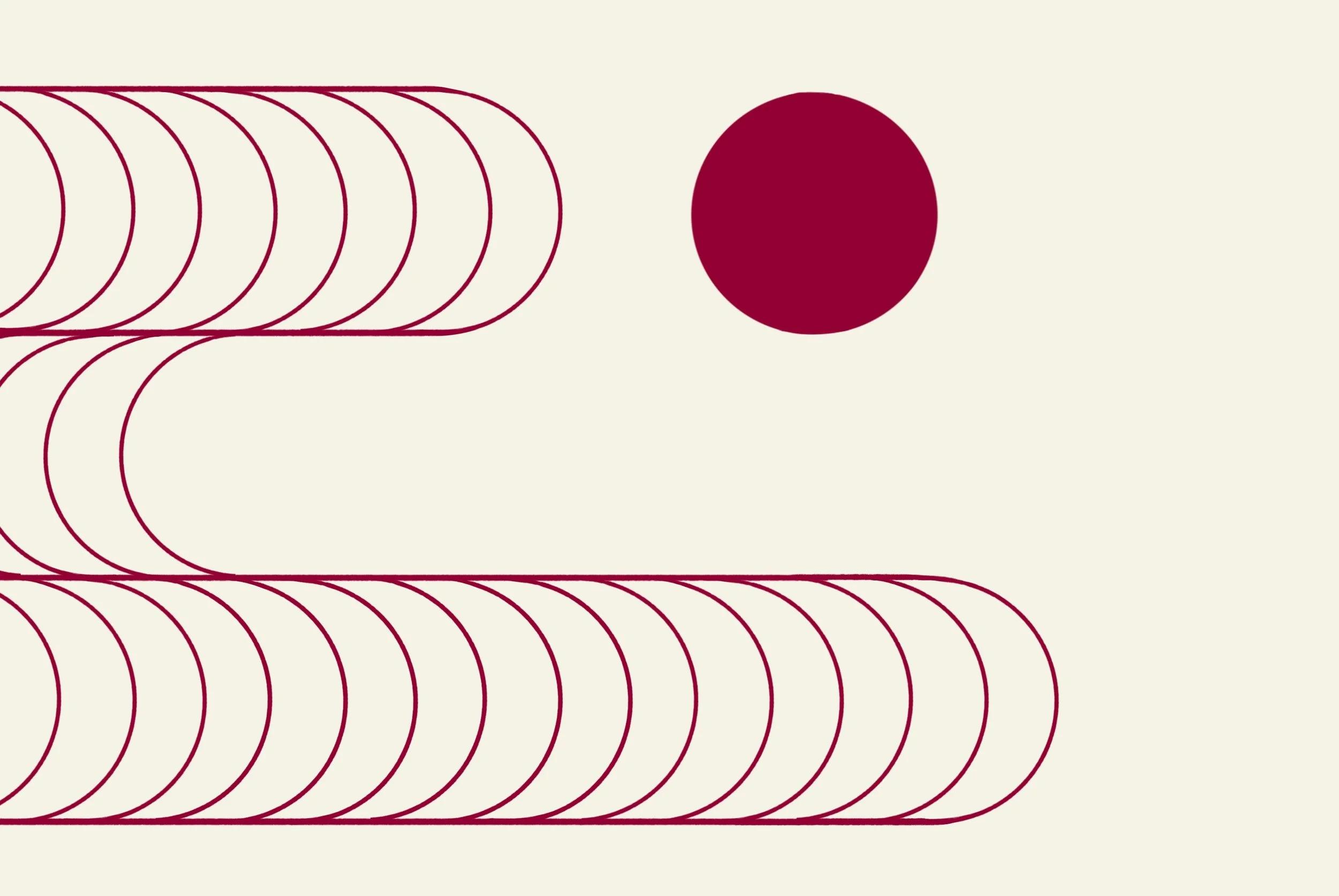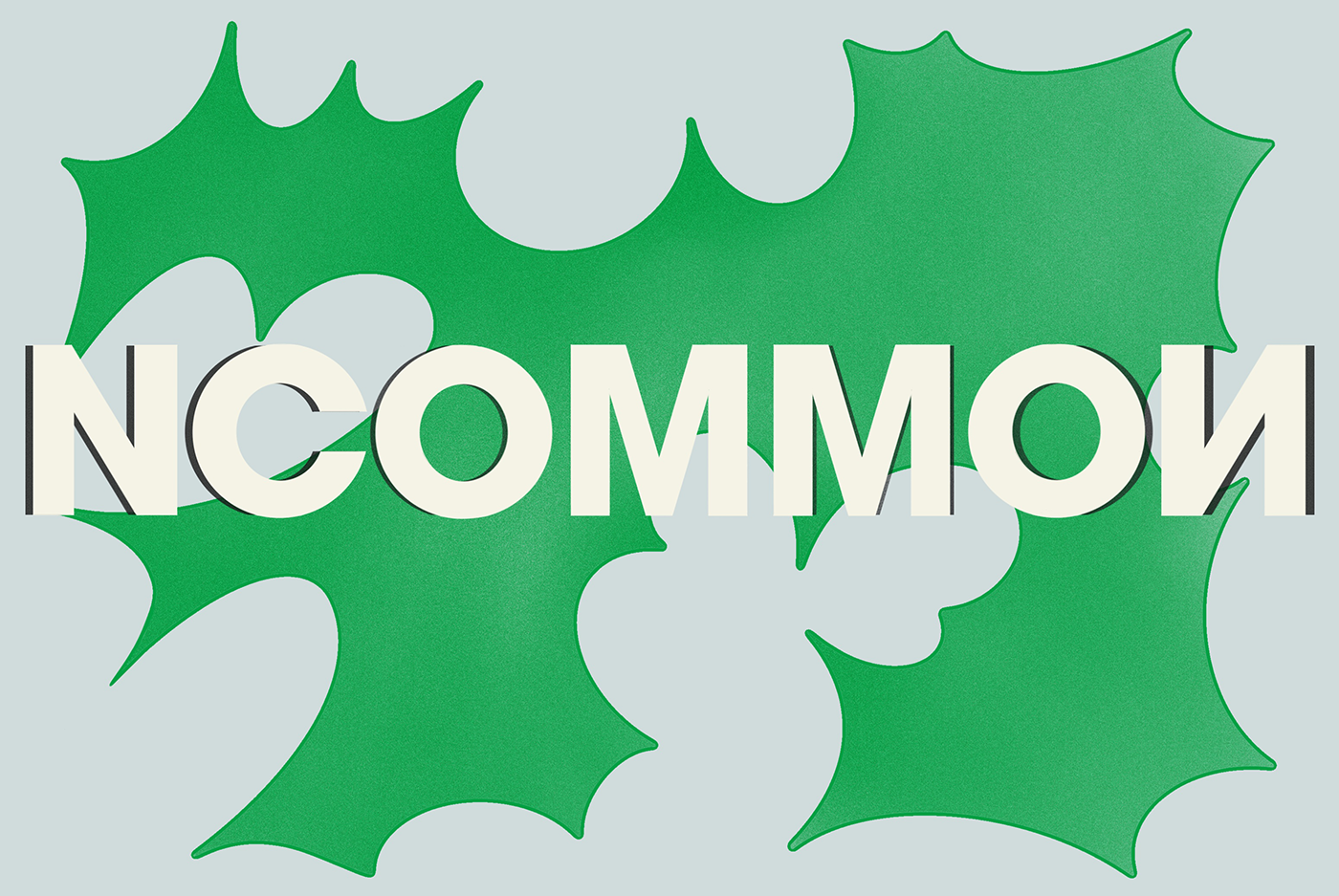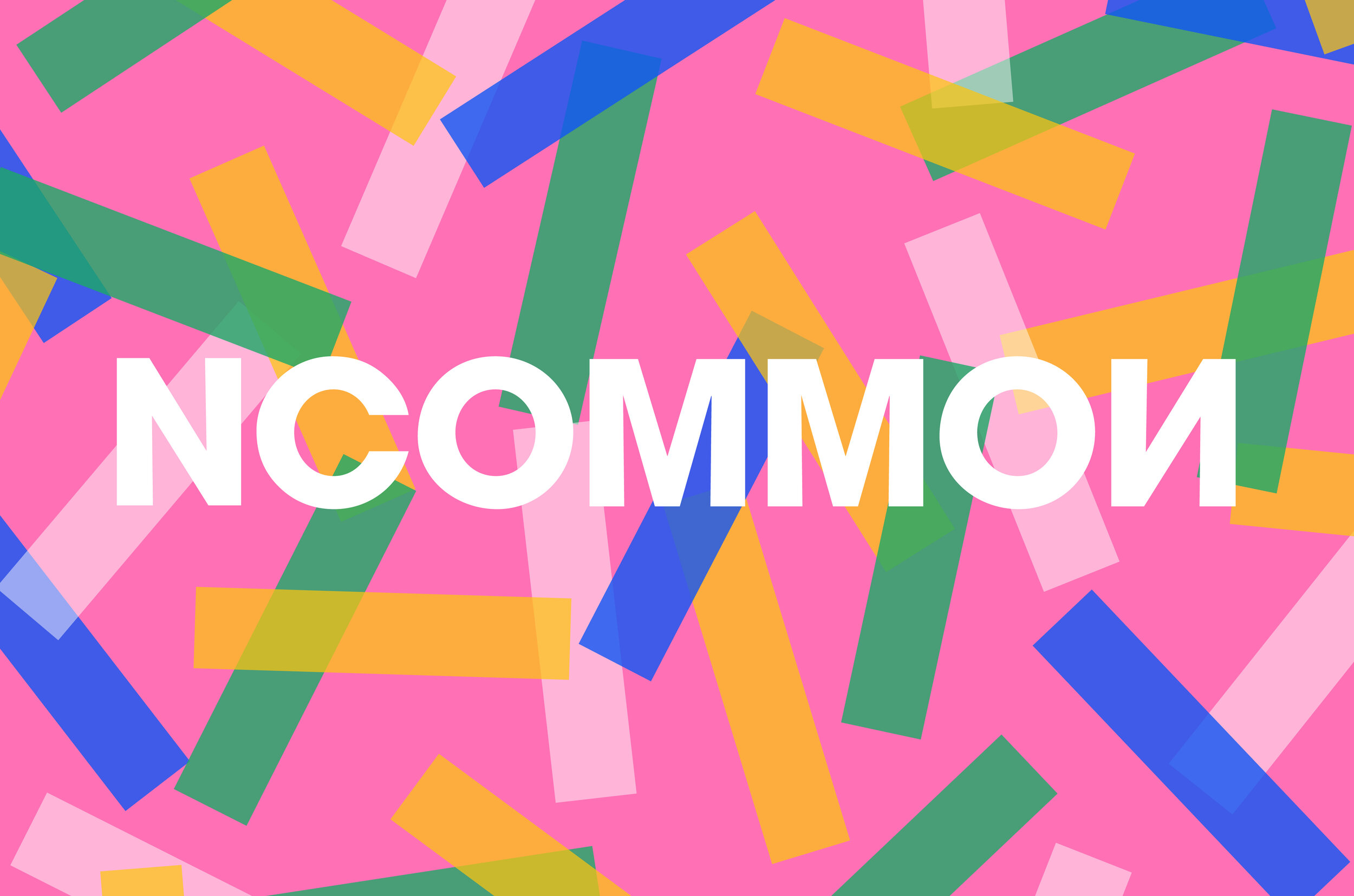
Sense Making. Making Sense.
Episodes
In this episode, Alison is joined by Aimee Meredith Cox and Seouraya Wilson, teachers at The Class whose work is grounded in embodiment, care, and long-standing practice in collective spaces. Their conversation explores what it means to be honest with one another in real time, and how trust is built—not through polish or performance, but through presence, attention, and the willingness to stay with what’s uncomfortable.
In this episode, Alison is joined by Corina Ocanto, a workplace strategist who has spent her career translating human needs into environments where people can thrive. Their conversation traces the quiet power of leading from the middle—those moments when influence comes not from authority, but from attention, empathy, and the courage to ask better questions.
In this episode, Alison sits down with Rachael Dietkus, a social worker and designer whose practice challenges the false divide between care and design. Together, we talk about luck not as chance or magic, but as something built through persistence, timing, and the quiet work of showing up for others.
In this episode, Alison sits with her lifelong friends — Norma, Delia, and Vanessa — women who have known her through every version of herself. Together, they trace the arc of friendship that began in the streets of 1980s and ’90s New York City and has carried them through love, loss, and reinvention.
In this episode, Alison sits with filmmaker and storyteller Elaine Del Valle, whose debut feature Brownsville Bred captures the beauty and brutality of growing up in 1980s Brooklyn.
This episode explores the edges of uncertainty with Jessie Shefrin — a conversation about wandering, testing, stumbling, and ultimately emerging into new clarity.
In the final episode of season one, Jacqui and Alison celebrate making it through an entire first season during the midst of a global pandemic, economic crisis, and the Black Lives Matter movement. They reflect on the times with Quinnton Harris, his journey, and the importance of Juneteenth not just as a day, or a moment, but a call for organizational change.
In this episode, Jacqui and Alison go broad and extensive (and somewhat meandering ) about future opportunity areas for Design Operations and how we, as design leaders, can lead the charge in laying the groundwork for that future.
In episode 10 Jacqui and Alison begin to dig into the current state of Design Operations – the agony, and the ecstasy.
In this episode, Matt Abrahams chats with us about how to be more mindful of how we communicate and bring intention to our daily interactions. We also ask him how we, as hosts, could talk a Lil less and land subject matter a Lil more.










